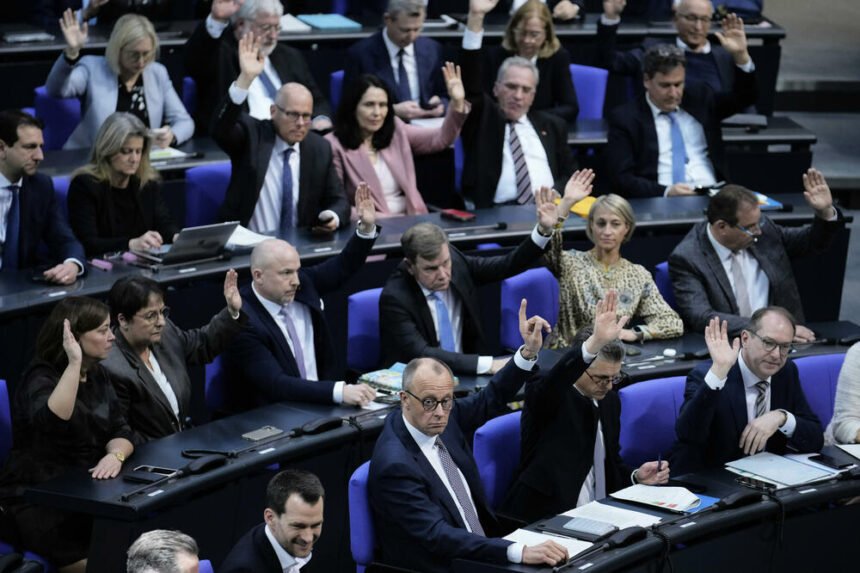Germany, once a cornerstone of America’s post-war diplomacy in Europe, is grappling with a changing global order as the U.S. under Donald Trump adopts a more isolationist approach. The Biden administration’s efforts to strengthen NATO have been reversed, with Vice President J.D. Vance and figures like Elon Musk expressing support for European far-right movements that challenge Berlin’s leadership.
Feeling abandoned, Germany is taking action—its parliament has eased strict debt limits to rebuild military capabilities and infrastructure. Former Foreign Minister Joschka Fischer warns of losing a guiding ally, while CDU lawmaker Norbert Röttgen calls the situation an “end of Europe’s peace order.”
Despite a sense of betrayal, Berlin acknowledges the need to maintain ties with Washington while working toward greater European self-reliance in defense. Experts argue that Trump’s stance may ultimately push Europe to forge a stronger, more independent security framework. However, concerns remain over the power balance within Europe if the U.S. fully withdraws its influence.







